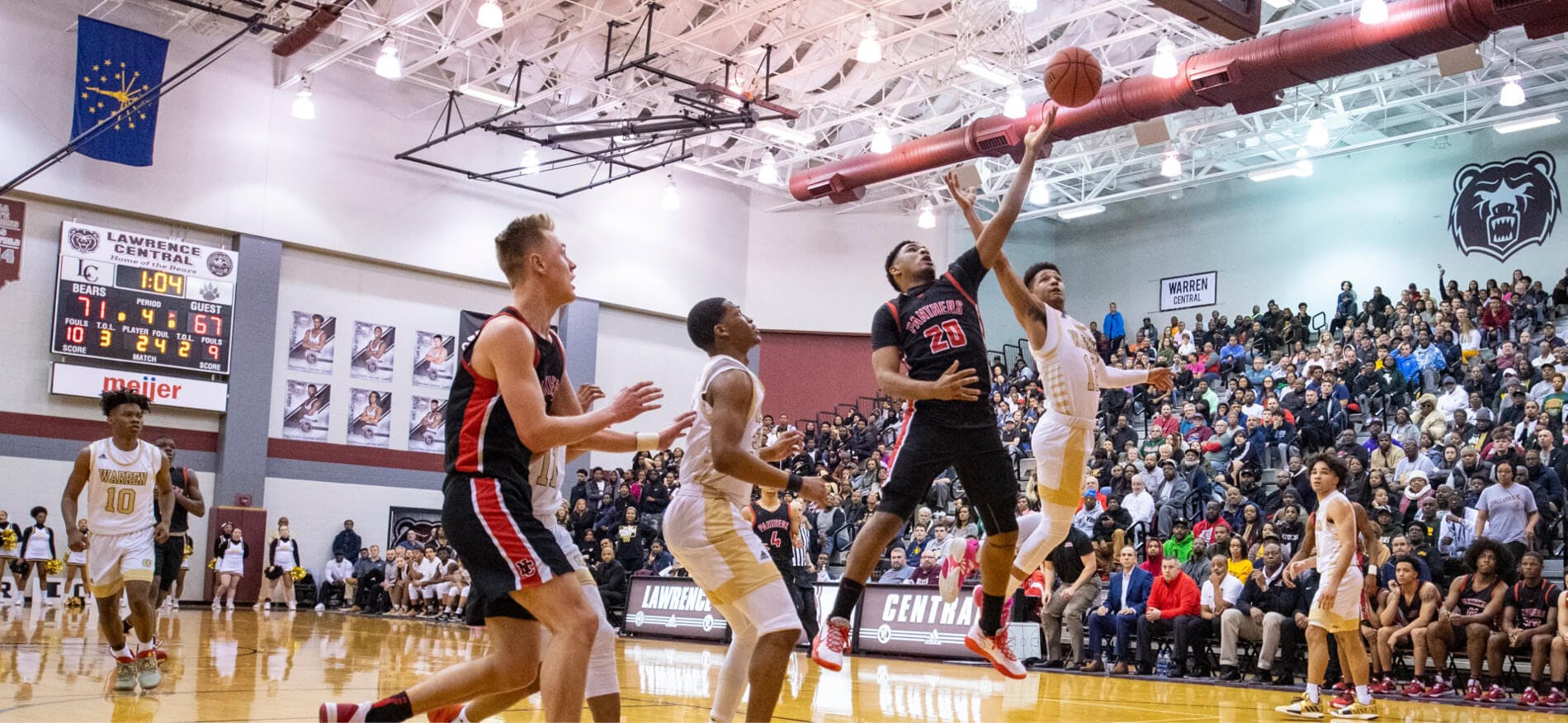How to improve your coaching performance using psychology

Influence: The Psychology of Persuasion by Robert Cialdini is a book that Charlie Munger loves to give away as a present.
If that fact piqued your curiosity and encouraged you to read further, then the psychology of persuasion is already working. Charlie Munger loving this book is a form of social proof that gives it instant credibility and kept your attention. Cialdini expands on social proof and six other principles utilized to get people to move in a certain direction even when it is the opposite of where they want to go.
If this doesn’t describe coaching I don’t know what does.
“Persuasion is what you say immediately before you deliver your message that leverages your success tremendously.” ~ Robert Cialdini
I can’t recommend this book enough.
It opened my eyes to all the ways that people have been using these principles to persuade me to take the action they want (it has cost me a lot of money over the years). I have really started to see these strategies in everything from Twitter pitches to car salesmen. It got me thinking about how I can employ them in my coaching to persuade my athletes to do more than they think they can.
Cialdini highlights the importance of using these principles ethically and I would echo his sentiments.
Cialdini has identified 3 main levers that persuade people to comply and seven principles that can be used to move your athletes. All are needed to move people. Cultivating Relationships, Motivating Action & Reducing Uncertainty.
Cultivating Relationships
Robert Cialdini outlines three principles in Influence: The Psychology of Persuasion that coaches can use to cultivate relationships; Reciprocity, Liking, and Unity.
All of these principles trigger ancient responses that come from our need for psychological safety, which is found in groups or teams.
As a warning: these need to be used authentically by coaches. Humans are good at sniffing out people who are trying to build a relationship for their benefit.
“With great power comes great responsibility.” – Uncle Ben
Reciprocity
When people are given something they feel obligated to return the favor, this is a norm of human society.
Coaches all donate time and energy to our athletes but there are a few other techniques they can use to get them to athletes to repay that in harder work.
- Give athletes a choice of drills or exercises in training.
- Set a very high goal and concede to a lower target (Strategy of reject then retreat).
Build equity with your athletes as people, be vulnerable & they will reciprocate. Tighter-connected teams will go the extra mile for each other.
“You get more with a spoonful of honey than a spoonful of vinegar”- Everyone’s Grandmother
Liking
According to Cialdini, the second principle is Liking.
People will more willingly comply with people they like.Many coaches (and frankly people) forget this simple rule. Humans are more likely to respond to people who they like. Be kind and smile more! Cialdini highlights ways coaches can get athletes to respect them more. Again these need to be AUTHENTIC!
- Similarity- Find common ground with your athletes, inside your sport and out.
- Compliments- Authentic, positive feedback & praise will help athletes feel more affinity toward you.
- Cooperation- Work together with your athletes on a project outside of sport.
“Individually we are a drop but together, we are an ocean”- Ryunosuke Satoro
Unity
The last principle Cialdini outlines for cultivating relationships is Unity.
“We” is bigger than “me”. Sports are a powerful way to create something bigger than one individual. Some strategies that coaches can utilize to harness the power of unity include:
- Building a Connection to the Past- Helps learn they are part of something big.
- Team Gear- Seems silly, but when athletes love their gear, they advertise they are part of a group.
- Suffer & Celebrate together- Whether it is success or failure, do it together.
Reduce Uncertainty
There are two ways that coaches can reduce uncertainty and build trust:
Find Social Proof
Social proof occurs when people see that others like something . Social proof removes uncertainty, and highlighting popularity makes something more popular. Explaining the “why” behind what your team does can create social proof. For example “I borrowed this drill from the Toronto Raptors” gives the coach legitimacy.
Build Authority
Coaches reduce uncertainty by building authority. Coaches will be viewed as in authority or as being an authority. The goal needs to be seen as an authority and that is done by proving that they are experts at their craft.
Too many coaches are only the authority.
Motivate Action
Coaches motivate action from their athletes every day, here are two ways they use persuasion to increase motivation:
Scarcity
Scarcity motivates people to act before the offer or opportunity is gone. Coaches can employ scarcity by highlighting that they control the most scarce resource in sport: playing time.
Commitment & Consistency
The principle of commitment & consistency can be used by coaches, having athletes make a formal commitment (such as signing a contract) and referring to it frequently will get athletes to go above and beyond.
Thanks to Jason Payne for writing this. He currently coaches basketball and writes about how coaches can help teach Mental Performance Skills to their athletes. If you’re interested in reading more, check him out here!
How to build team culture with All In Team Sports
All In Team Sports Hub is a robust coaching platform for coaches of every sport. We lay a foundation for winning programs by building team culture. Check out our pricing page to see if we’re a good fit for your team. Have any questions about All In? Click me!
Get your free 14-day trial now. Cancel anytime, no commitment. Get started!
